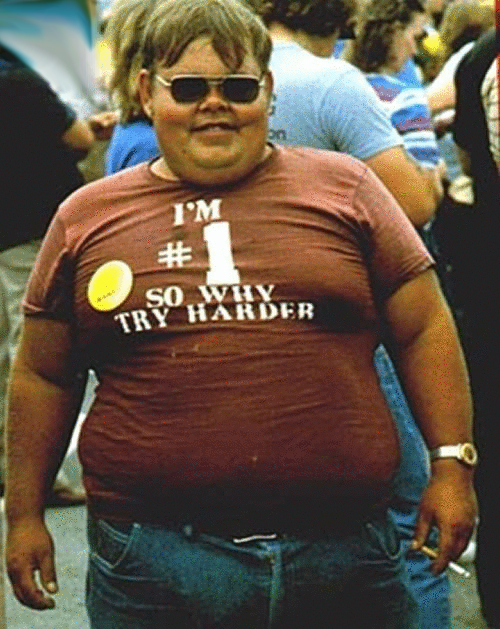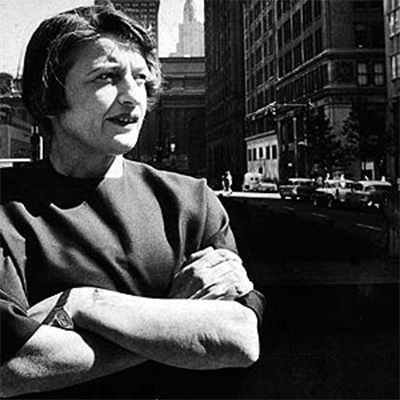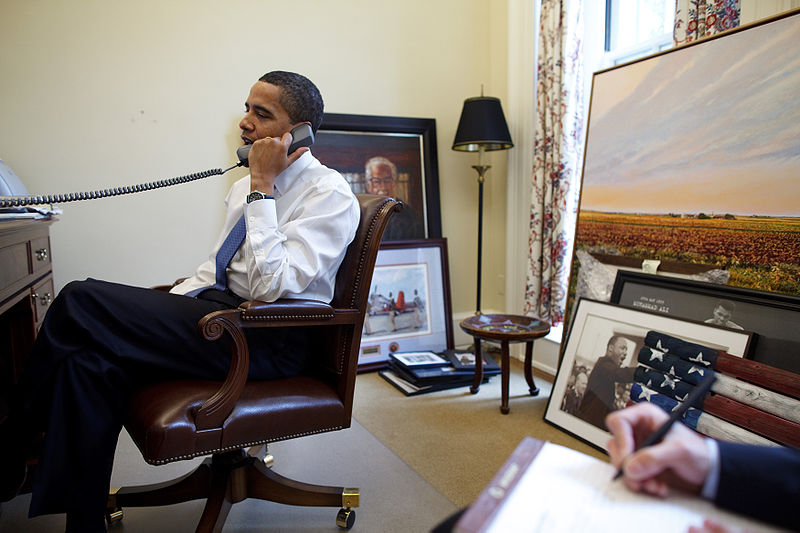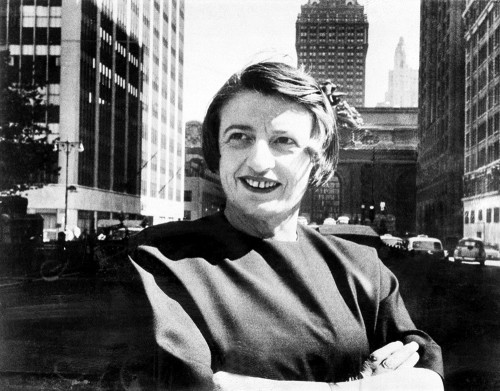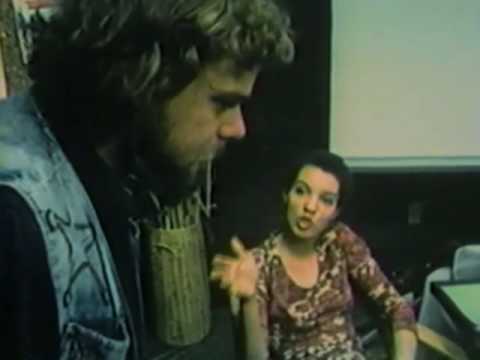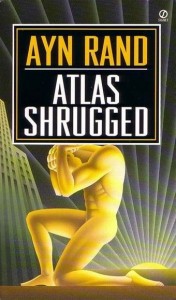A person isn’t merely a “satchel full of dung” as Bishop John Fisher argued in 1535, the year he was beheaded by King Henry VIII, but a surfeit of pride is just as bad as one of shame, maybe worse. In the middle of last century, psychiatry began trying to convince us we weren’t sinners but winners, as the “self-esteem movement” kickstarted with good intentions by Dr. Abraham Manslow began to take hold, even if there wasn’t much hard data to support its efficacy. Dissent eventually came from controversial research psychologist Roy Baumeister, son to a father driven by immense self-importance. The opening of Will Storr’s Matter piece, “The Man Who Destroyed America’s Ego“:
“FOR MUCH OF HUMAN HISTORY, our beliefs have been based on the assumption that people are fundamentally bad. Strip away a person’s smile and you’ll find a grotesque, writhing animal-thing. Human instincts have to be controlled, and religions have often been guides for containing the demons. Sigmund Freud held a similar view: Psychotherapy was his method of making the unconscious conscious, helping people restrain their bestial desires and accord with the moral laws of civilization.
In the middle of the 20th century, an alternative school of thought appeared. It was popularized by Carl Rogers, an influential psychotherapist at the University of Chicago, and it reversed the presumption of original sin. Rogers argued that people are innately decent. Children, he believed, should be raised in an environment of ‘unconditional positive regard.’ They should be liberated from the inhibitions and restraints that prevented them from attaining their full potential.
It was a characteristically American idea—perhaps even the American idea. Underneath it all, people are good, and to get the best out of themselves, they just need to be free.
Economic change gave Rogers’s theory traction. It was the 1950s, and a nation of workmen was turning into a nation of salesmen. To make good in life, interpersonal sunniness was becoming essential. Meanwhile, rising divorce rates and the surge of women into the workplace were triggering anxieties about the lives of children born into the baby boom. Parents wanted to counteract the stresses of modern family life, and boosting their children’s self-esteem seemed like the solution.
By the early 1960s, wild thinkers in California were pushing Rogers’s idea even further. The ‘human potential movement’ argued that most people were using just 10 percent of their intellectual capacity. It leaned on the work of Abraham Maslow, who studied exceptional people such as Albert Einstein and Eleanor Roosevelt and said there were five human needs, the most important of which was self-actualization—the realization of one’s maximum potential. Number two on the list was esteem.
At the close of the decade, the idea that self-esteem was the key to psychological riches finally exploded. The trigger was Nathaniel Branden, a handsome Canadian psychotherapist who had moved to Los Angeles as a disciple of the philosopher Ayn Rand. One of Rand’s big ideas was that moral good would arise when humans ruthlessly pursued their own self-interest. She and Branden began a tortuous love affair, and her theories had an intense impact on the young psychotherapist. In The Psychology of Self-Esteem, published in 1969, Branden argued that self-esteem ‘has profound effects on a man’s thinking processes, emotions, desires, values and goals. It is the single most significant key to his behavior.’ It was an international bestseller, and it propelled the self-esteem movement out of the counterculture and into the mainstream.”
___________________________________
A 30-minute 1971 film about Maslow’s philosophical descendants.

